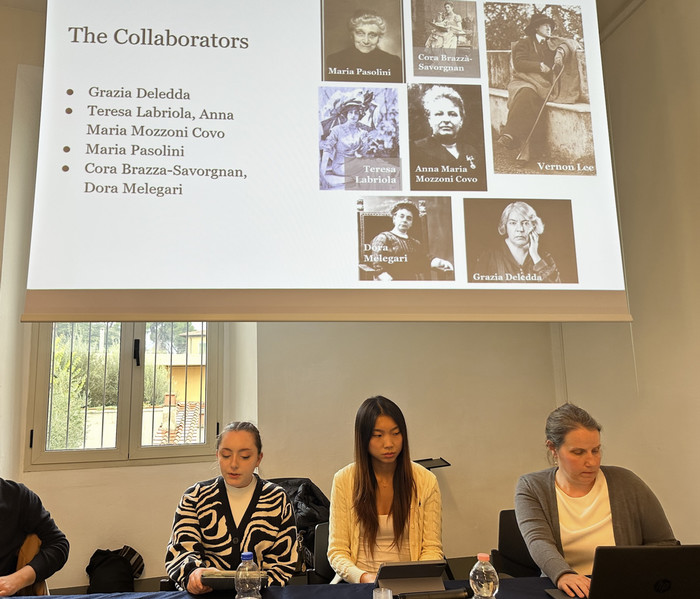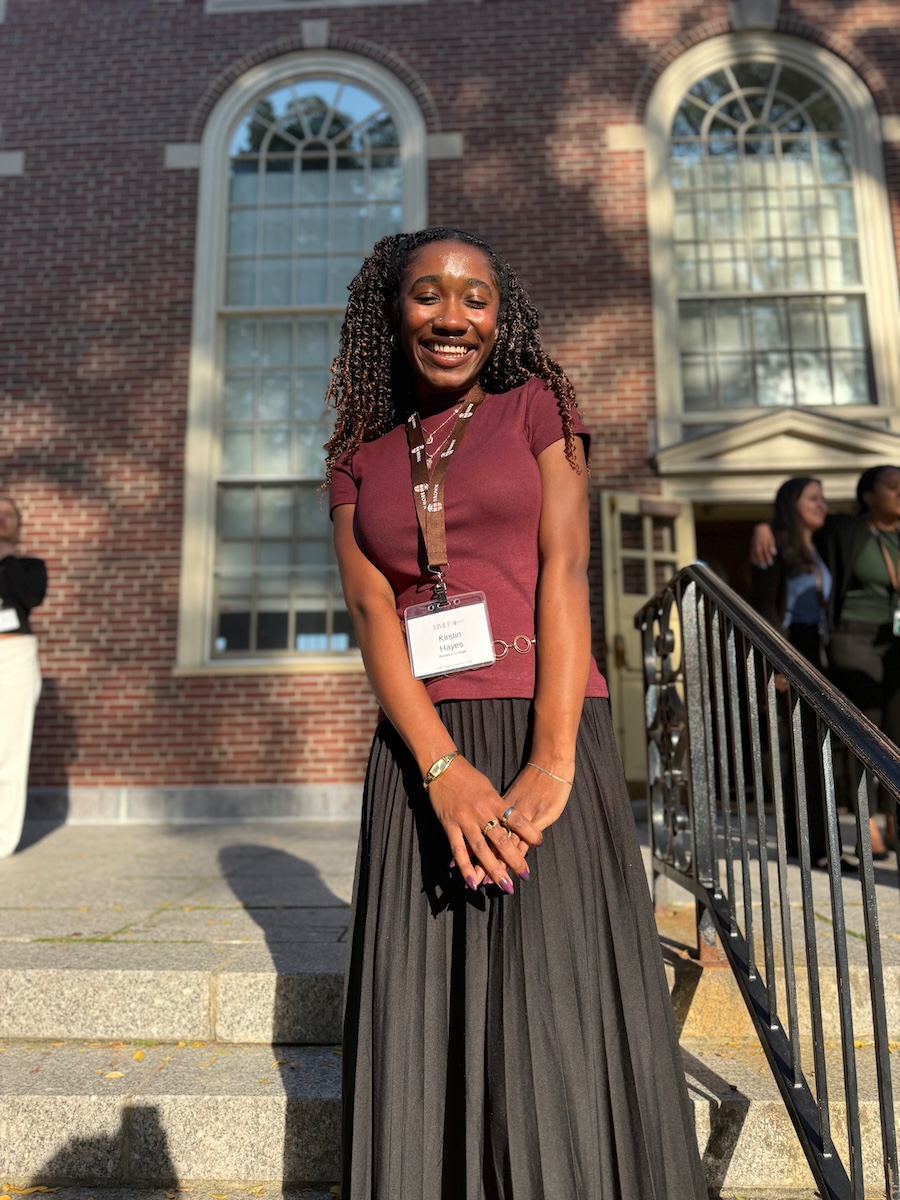Madeline Schuldt ’18 Investigates an Oyster Disease Threatening the Fishery
By Rebecca GoldfineVideo by Madeline Schuldt
What she found was surprising: over 60 percent of oysters that were ostensibly MSX disease-resistant, according to the farmers growing them, tested positive for MSX.
"The general lack of knowledge of the incidence, virulence, geographical distribution, life history, and control and mitigation strategies of MSX leaves oysters and the oyster industry vulnerable to the possibility of recurrent and increasingly devastating infections," she says.

This summer, with funding from Bowdoin's Freedman Summer Research Fellowship in Coastal/Environmental Studies, she partnered with Bigelow Laboratory for Ocean Sciences in East Boothbay, Maine, to begin establishing a baseline to determine how much MSX is in both the Gulf of Maine's water column and in its oyster population.
Oysters are critical for the ecosystem because they create reefs that become habitat for other species, and they filter and clean water. Increasingly they are also an important commercial fishery in Maine, according to Schuldt.
Schuldt, an environmental studies and biology major, will continue her research this year for an honors project. "Ultimately I hope that my research will allow those protecting the Gulf of Maine to create a more informed and resilient environment and industry in the face of any environmental change or further infections," she says.
Read about Bowdoin's other 2017 Freedman fellow, Zoe Borenstein.



